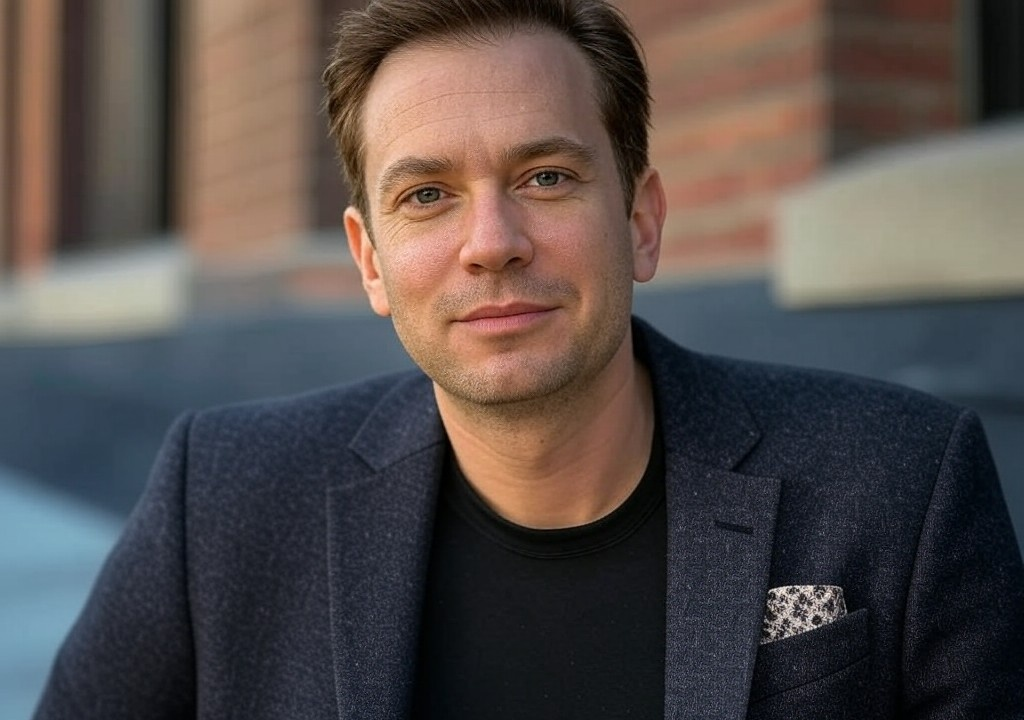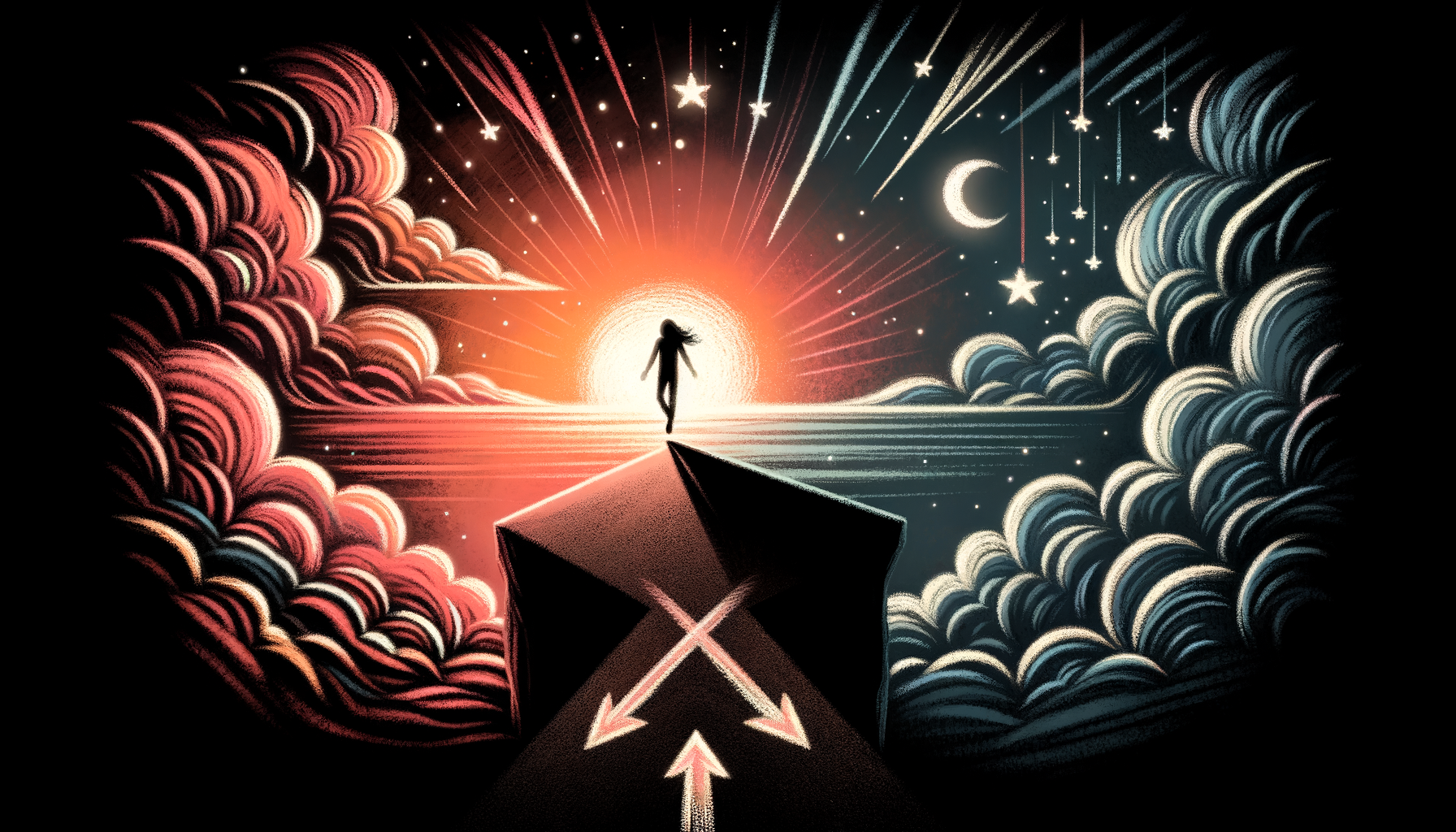“Julian, you might want to sit down for this.”
That’s how it started—the call that rearranged my life. I was standing in my kitchen, barely awake, clutching my mug of French press coffee like a lifeline. The words crackled through my AirPods, spoken with such caution that I instinctively braced for impact. Was it bad news? A family emergency? A scandal I didn’t know I was involved in? My imagination immediately went full HBO drama.
“Remember that manuscript you passed on last month?” That’s when my heart sank. I did remember it—vividly. It was a promising piece. Too promising, which was precisely the problem.
Let me backtrack.
The Manuscript and the Misstep
As a literary consultant, my job was to scout compelling voices and help publishing houses identify and polish future bestsellers. Think of me like the Simon Cowell of manuscripts, only with better bedside manner (I hope).
The manuscript in question was a raw, incendiary collection of short stories set in Lagos—a debut so electric that even its first paragraph had the kind of confidence Beyoncé brings to a surprise album drop. I loved it. I even emailed a colleague that day saying, “This might just be the next big thing.”
But here’s where I fumbled the pass: I didn’t push it. Somewhere between peeling myself out of bed to catch a transatlantic flight and juggling edits for an entirely different lineup, I filed it under “interesting, but not urgent.” Deadline crunches have a way of making even brilliance look inconvenient.
Fast forward a month, and the project had been snapped up by a competing house—one notoriously good at hyping its books into cultural moments. The result? A New York Times rave review and a Netflix adaptation before the ink on the publishing contract had fully dried. It was a miss I’d chalked up as a learning moment and quietly tried to forget.
And yet, here I was in my kitchen, at the receiving end of a reminder.
When Your Ego Gets a Reality Check
“Here’s the thing,” my boss continued, clearly working through her phrasing in real time, “they want you to head up the adaptation process as a consultant. They’re crediting you as the one who ‘saw the magic in it first.’” Dot, dot, dot.
If my life were a sitcom, that’s the moment everything would freeze-frame while I catastrophically choked on my coffee.
To be clear: I had not seen the magic first. I had let the magic walk right past me as if it were an ex I wasn’t yet emotionally prepared to chat with on the D train. Yet here I was, being summoned into the spotlight as the pseudo-prophet of its success.
I wanted to argue. To admit my almost-mistake. But the words refused to leave my mouth. Why? Because here’s the truth: If you’re in the business of connection—whether literary or otherwise—you quickly learn that moments like this are less about what you deserve and more about what you choose to do next. It’s not perfection that shapes your relationships (or your career)—it’s showing up, wobbling knees and all.
The Bigger Lesson in the Mess
So, what does this have to do with love and relationships? Honestly? Everything.
When I think about that phone call, it’s a lot like moments in dating where you’re forced to grapple with second chances—whether it’s the casual text from someone you ghosted or the ex-partner who corners you into a brutally sincere coffee conversation. Do you pretend it never happened? Do you schedule a Ted Talk-level apology? Or do you take the risk of stepping forward with your whole messy truth in tow?
If there’s one thing I’ve learned from love and from manuscripts (and trust me, there are more parallels than you’d expect), it’s this: Don’t let your pride stop you from seizing the next chapter. Sure, I hadn’t bet on the brilliance of that manuscript at the right time, much like you might miss the compatibility of a person on the first go because they chewed too loudly at dinner. But history doesn’t have to be the final verdict. Sometimes, perspective shifts.
How to Write Your “Next Chapter”
What followed that call, to be honest, wasn’t heroic. It was human. I said yes—but matter-of-factly, not with false bravado. I worked tirelessly to do the adaptation justice, challenging myself to treat it like both an opportunity and atonement. By the time the project debuted, I’d discovered something unexpected: I wasn’t just a spectator to this story’s triumph—I was part of it.
The irony? That manuscript’s journey of reinvention mirrored my own. I wasn’t simply “the person who missed it.” I was also someone willing to learn, adapt, and pour myself into building something beautiful from what initially felt broken.
Which makes me think: If you’re facing a moment where you have the chance to redeem yourself—whether it’s a mess you made at work, a friend you failed to call back, or a date that ended awkwardly—take it. You don’t have to rewrite the past; you just have to say yes to a better future.
Leave Your Ego at the Door (and Other Advice for Messy Humans)
Here’s what I’ve learned about navigating those second-chance moments:
- Be Honest (Within Reason): You don’t need to flagellate yourself Shakespearean-style to admit where you went wrong. Most of the time, a simple, “Yeah, I didn’t fully see how great this was at first, but I do now” goes a long way.
- Stay Grateful, Not Guilty: Guilt traps you, but gratitude propels you forward. Instead of clinging to the weight of your regret, channel your energy into doing better.
- Embrace the Mess: Whether it’s dating, work, or relationships, perfection isn’t expected. What is expected is how you handle life’s curveballs. Are you the person who apologizes for the fumble and stays in the game, or the person who takes their ball and goes home?
- Own the Unpredictability: Life’s best moments have a funny way of not being the ones you plan for. Learn to embrace them even when they start with conversations you weren’t ready to have.
The Final Scene
That call? The one I’ll never forget? It didn’t just remind me of a professional flub—it reframed how I see relationships altogether. The truth is, none of us nail it the first time around, whether it’s with a manuscript, a partner, or even ourselves. Life doesn’t always follow a neat arc structure. It’s more like a sprawling choose-your-own-adventure novel—you’ll make mistakes, circle back, and, with luck, stumble on an ending that feels a little like grace.
So here’s to the calls we dread, the chances we barely feel ready for, and the second acts that prove us wrong.




















